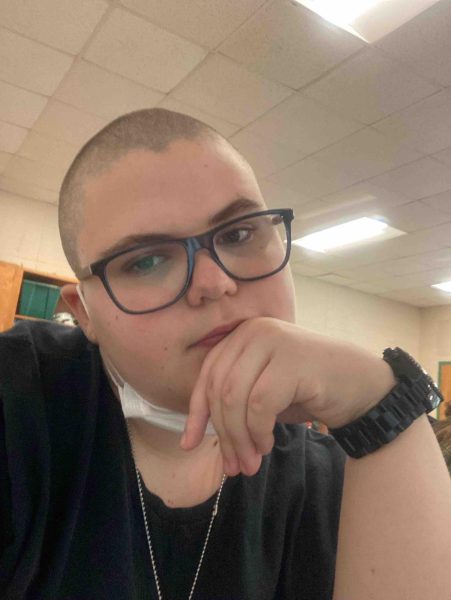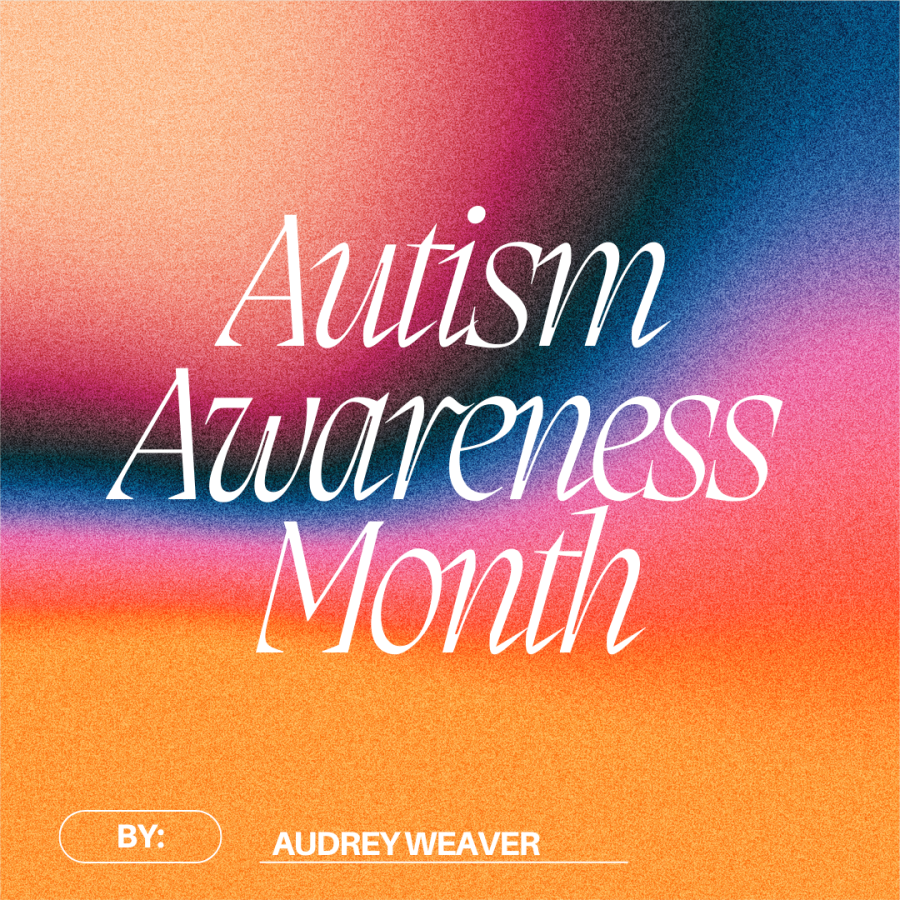Autism Acceptance Month at Enloe
Coming up in April is Autism Acceptance Month. Originally referred to as Autism Awareness Month, it focuses on the acceptance and inclusion of Autistic people. This is especially important considering a lack of education on Autism in curriculums around the country.
Autism is a developmental disorder that looks very different from person to person. The CDC has estimated around 1 in 44 children are diagnosed with Autism Spectrum Disorder (ASD) and that 2% of the adult population in the US has Autism. While people with autism are sometimes perceived and labeled as “different” and “weird,” they do not deserve different treatment.
At Enloe, there are many Autistic students and an understanding and acceptance of these students is just as important as it is with other students. The Enloe PTSA Advocacy Committee is planning to recognize the importance of this month and the importance of understanding Autistic students in April. They will be posting basic information on social media and in the PTSA newsletter. Mr. Busch’s 3A design class will also be designing posters among other possible activities.
Ms. Grady of the PTSA Advocacy Committee noted the significance of celebrating Autism Acceptance Month.
“For Autism Acceptance Month, and throughout the year, it’s important to celebrate neurodiversity and focus on the commitment to inclusion,” says Grady. “Supporting autistic people and focusing on their strengths can offer so much value to everyone involved. Embrace differences.”
Ms. Grady has also put together some points and things to keep in mind regarding autistic students:
- No two autistic people are the same.
- Approach with kindness, respect, and acceptance.
- Introduce yourself to an autistic individual just as you would anyone else.
- Ask questions and give them time to answer.
- Be aware of sensory sensitivities.
- Educate yourself.
- Practice open communication.
- Keep in mind that although autistic people may behave and think differently than you, nothing changes the fact that they’re intelligent, passionate, capable people. In many cases, those who are autistic deeply value friendship just as you do.
- Due to unfortunate instances with other those who were not so understanding or well-meaning, autistic individuals may need more time to warm up to you.
Sam Young, a junior at Enloe, spoke on the importance of the month’s name:
“It’s a good idea because everyone knows autism exists, […] whether they accept people or not. [Because] a lot of people do not at all, or they try to do it in a really condescending way,”
To Young, accepting and understanding Autism is just a normal part of everyday human interactions.
“Just treat us with normal human decency and have some understanding if we’re doing something a little weird that you don’t understand. Go learn about it,” says Young.
Young also mentioned the difficulties that can sometimes surround acceptance at Enloe.
“I feel like most people don’t know I’m autistic so I really don’t know if they would accept it if I told them,” says Young.
The feeling of Autism not being something that others know about or that is discussed was echoed by other students.
There are a plethora of myths and stereotypes that surround autistic people today. The most well-known is the idea that vaccines cause autism. A variety of studies have proved this to be false. The CDC provides an overview of these studies and the issues with the original studies. This information can be found at this link. The two main cited articles regarding vaccines and autism come from Andrew Wakefield, both papers written by him and coworkers (one in 1998 and one in 2002). There are a variety of issues regarding the studies including their design, efficacy, generalizability, and the nature of the studied vaccines themselves. The Children’s Hospital of Philadelphia also provides an in depth look into the issues with Wakefield’s work.
The next is an issue of overgeneralization. As stated before, “no two autistic people are the same” and it is important to remember that a negative experience with one autistic person does not apply to all autistic people.
The Enloe PTSA can be found on social media @enloeptsa on Instagram and you can sign up for their newsletter at enloeptsa.com under the newsletter tab.
Works Cited
“Data & Statistics on Autism Spectrum Disorder.” Center for Disease Control and Prevention. N.p., 2 Mar. 2022. Web. 9 Mar. 2023.
“Autism and Vaccines.” Center for Disease Control and Prevention. N.p., 1 Dec. 2021. Web. 9 Mar. 2023.
Offit, Paul et al., ed. “Vaccines and Autism.” Children’s Hospital of Philadelphia. N.p., 1 Dec. 2021. Web. 9 Mar. 2023.

(They/them)
Audrey is a senior and returning for their second year in newspaper. They enjoy writing, cooking, and listening to music. In their free...


